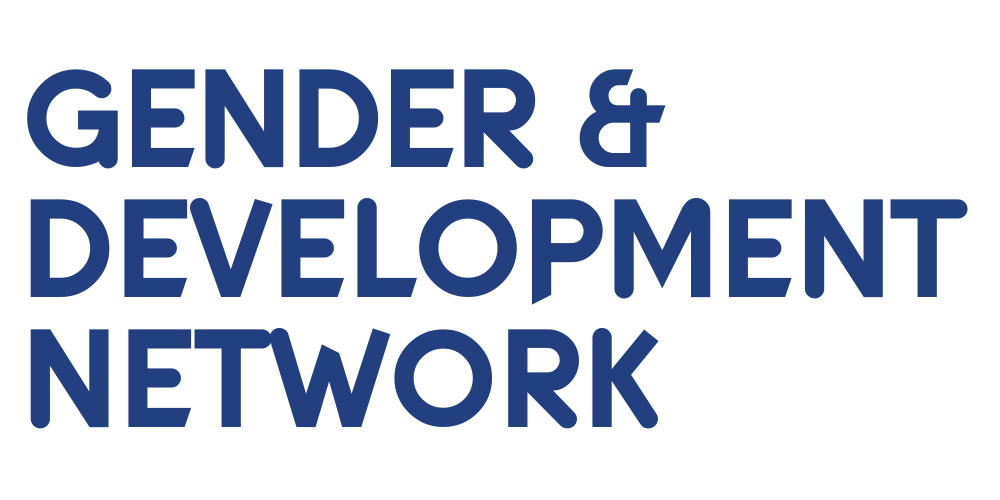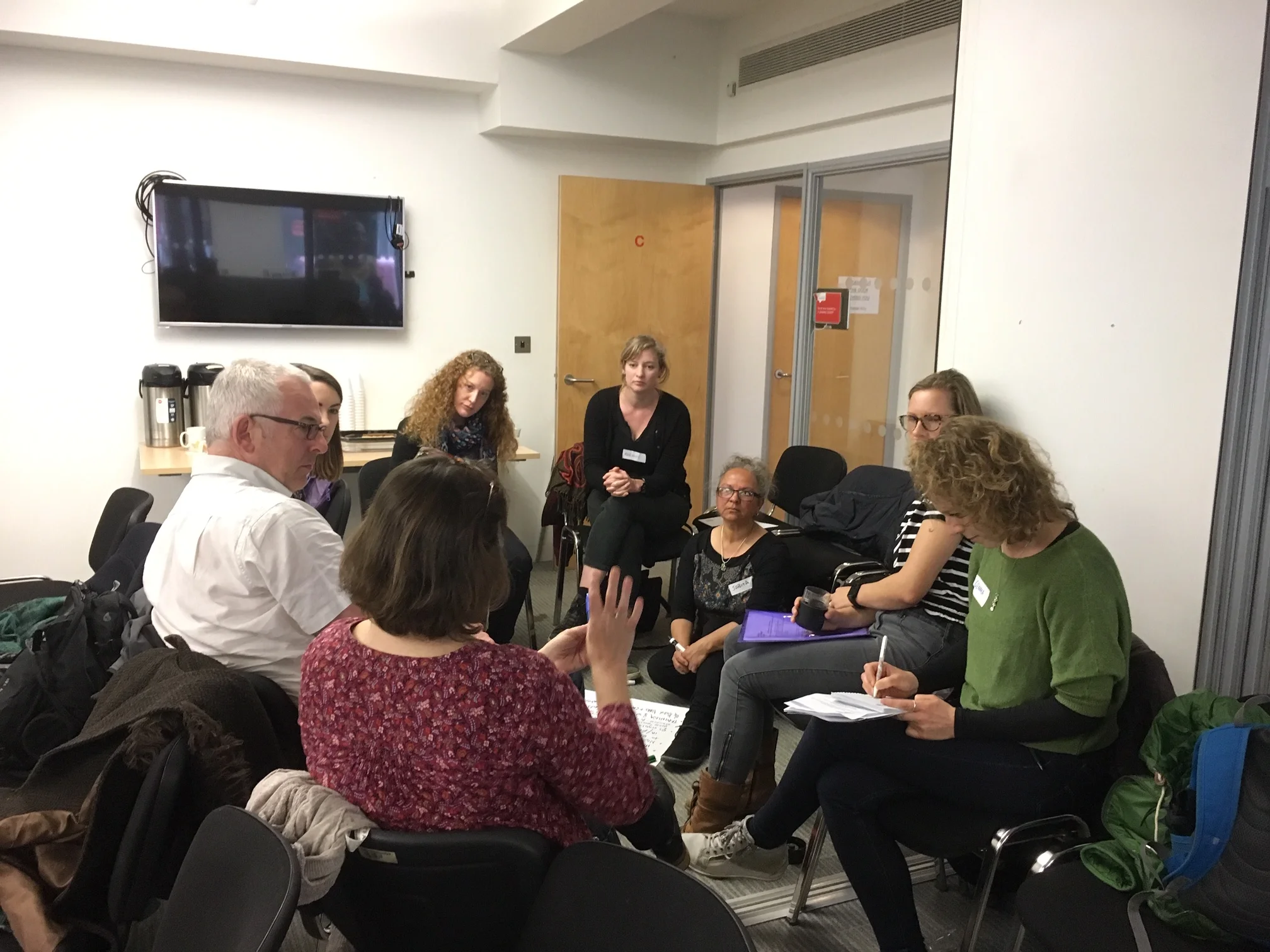Advocates for an end to violence against women and girls (VAWG).
The Violence Against Women and Girls Working Group (VAWG) brings together UK-based NGOs and civil society organisations working on international VAWG/GBV to influence the UK Government to put VAWG at the forefront of their policy and practice and the international agenda, with an approach to policy and programming that is intersectional, feminist and decolonial.
The Violence Against Women and Girls Working Group:
Advocates for the UK Government to make ending VAWG internationally a priority with a robust, coordinated and adequately resourced approach to tackling VAWG across Whitehall, including the Foreign, Commonwealth and Development Office (FCDO) and the Home Office.
Campaigns for the UK to drive action to eliminate VAWG through meaningful multilateral engagement and leadership in key UK and international spaces, whilst providing sector expertise to shape UK policy and engagement strategies.
Develops recommendations for the UK Government on women's rights and gender equality that encompass both VAWG frameworks and transformative GBV approaches, including holding government accountable to the institutionalisation of gender equality and the achievement of gender equality markers in Official Development Assistance (ODA) spending.
Co-chairs
Penelope Neves, ActionAid UK
We are currently recruiting a co-chair.
Join
Working Groups are open to all members. You can join as many groups as you wish.
To join the Violence Against Women and Girls Working Group, or find out more, email coordinator@gadnetwork.org (specify VAWG Working Group).
About the issue
Learn about violence against women and girls and see resources from GADN members and others.
Violence Against Women and Girls’ Working Group resources
📷 GADN Members Meeting on worker’s rights and women’s rights (April 2019)



November 2018
Think piece: Kate Horstead, Age International, considers the impact of structural inequalities across the entire life course, suggesting that this is an important area that needs more research and analysis.